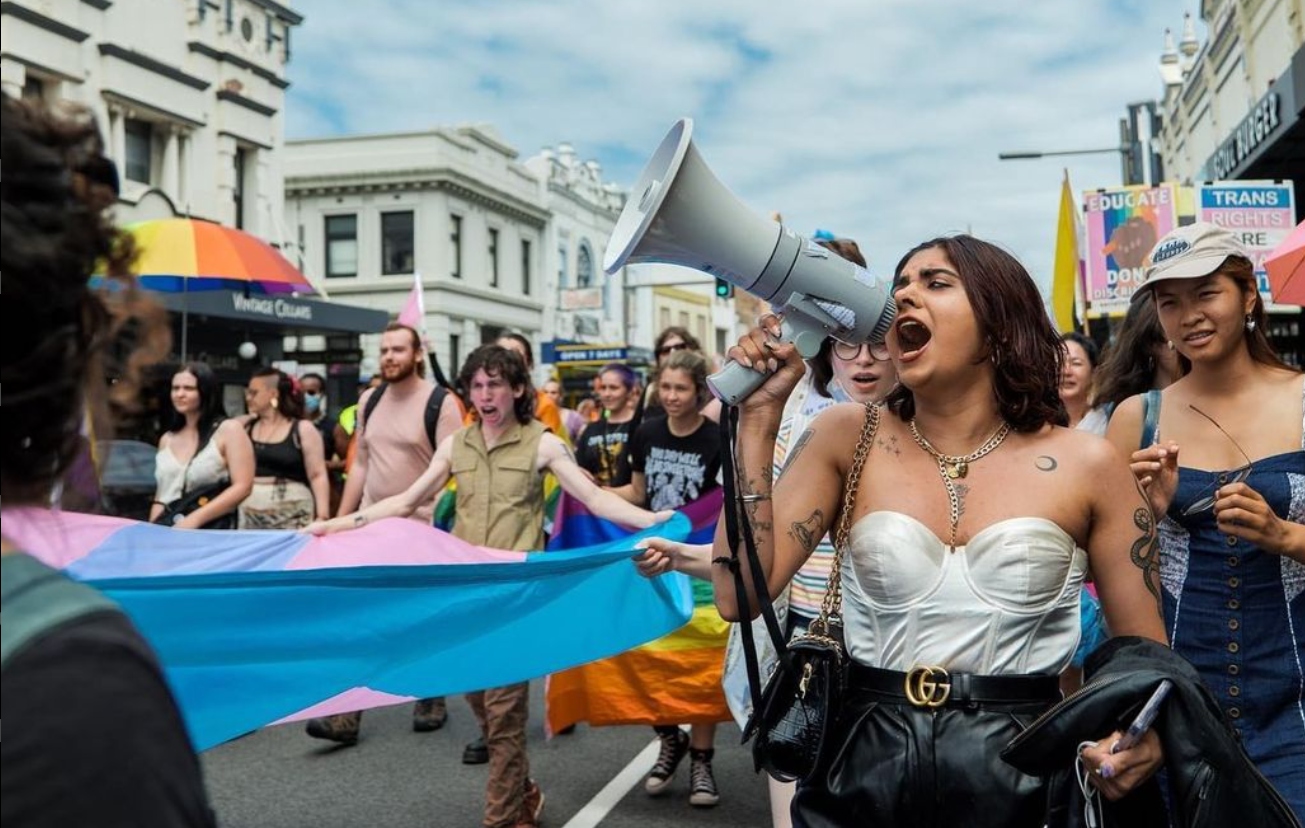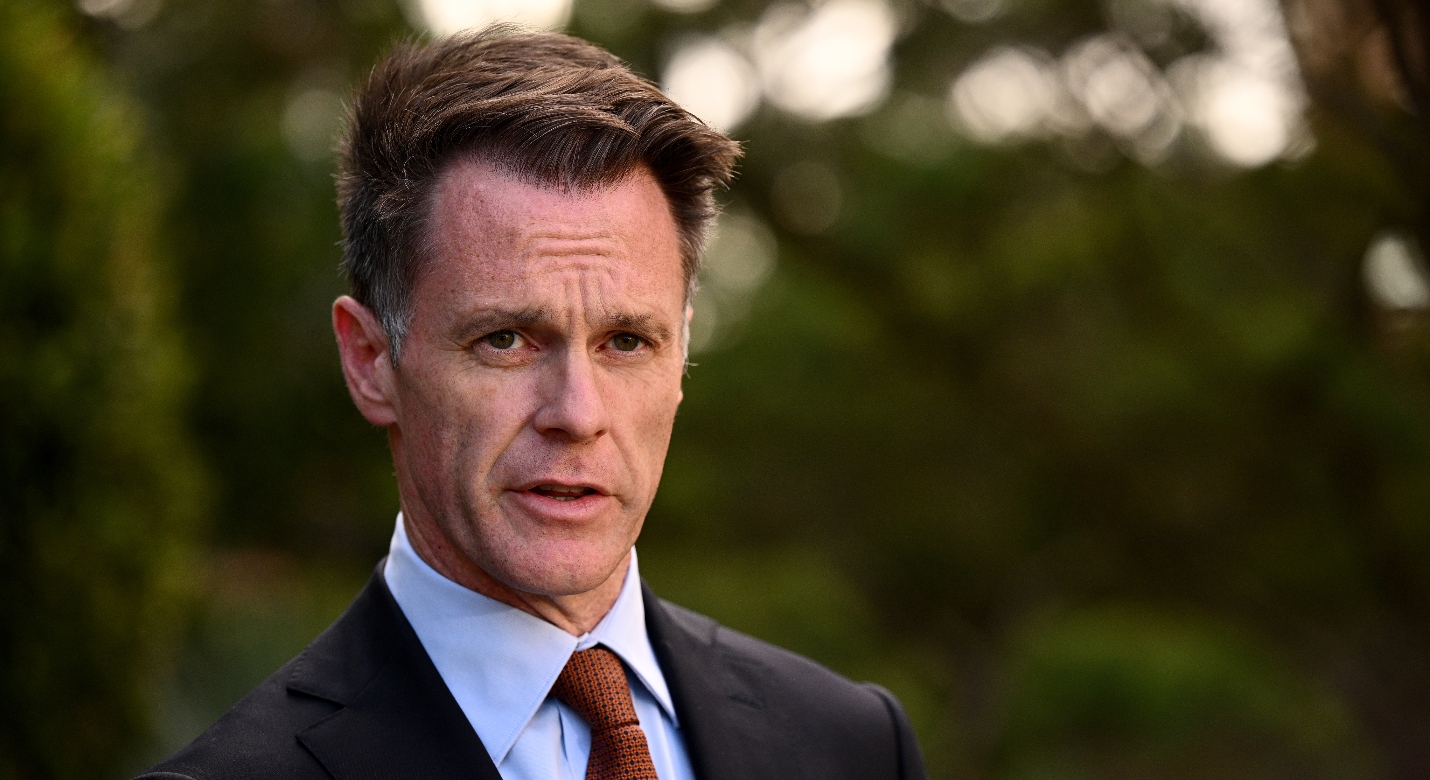
The CBD Metro is dead – for now. The Keneally Government’s long-awaited transport blueprint has received a cautiously optimistic response, tempered by concerns about the projected costs and rollout schedule.
The blueprint revives the North-West Rail Link (although construction is not scheduled to begin until 2017). Another $160 million will join up many of the city’s high-priority cycleway links; and $500 million will expand the current light rail system, beginning immediately. This will feature two new lines – one running from Circular Quay to Haymarket via Barangaroo, and one from Lilyfield to Dulwich Hill.
Yet despite the headlines, Premier Kristina Keneally made it clear she still foresaw a future role for a metro system in Sydney. “What we are doing with this is maintaining a commitment to a number of projects that are outside the ten-year funding horizon,” she said. “They’re not part of our first ten-year horizon, but Sydney’s metro network is something that we see could occur in the future.”
Accordingly, the government intends to hold on to land already acquired for the metro project. “We’re going to maintain the corridors that we’ve already acquired, maintain the land that we’ve already acquired,” Ms Keneally said. “This plan includes funding to do that, and it includes funding to continue planning approval and other acquisition as it becomes available, so that we can continue to build towards a metro network in the future.”
Seven buildings have been acquired, including four in the CBD and one in Pyrmont.
Talentino Vieira, proprietor of Pyrmont’s Bartino Cafe, was considering closing down his business until he found out the government would no longer need to acquire his building. “This is unbelievable – we have been resuscitated,” Mr Vieira said. “I mean, we were in a terrible situation for the last ten months or so.”
“If I finished there [in Pyrmont], I would just pack up and give up altogether. I had too much energy put into that building. I don’t think I could start again. I’m 56 you know – you can only do this so many times.”
Mark Metcalf, who lives on the corner of Union and Pyrmont Street, was also happy to hear of the decision. After 12 years of living in the area Mr Metcalf had been considering a move to another suburb if the project had gone ahead. “It’s been a roller-coaster because of the changing nature of the politics,” he said.
“Up until two weeks ago the Metro [Authority] was still insistent that it would go ahead. So really it feels like we’ve woken from a really bad dream – everyone’s elated.”
Mr Metcalf said residents and tenants should still be wary of the government’s plans for the area. “I always say that the devil is in the details. What they’re saying about keeping the metro corridors open, meaning that they will hang onto the properties they’ve bought, could mean they’ll be resuscitating the idea of the metro in the future.”
Convener of Pyrmont Action, Elizabeth Elenius, who had been campaigning hard against the Union Square metro station site, said she was pleased for the residents and businesses in the area that would have been badly affected by the plan.
But she also expressed disappointment over the State Government’s lack of action over Pyrmont’s poor public transport options. “I hope something can be done to improve public transport of Pyrmont into the city and elsewhere, because we’re a kind of forgotten peninsula at the moment,” Ms Elenius said. “The buses are extremely unreliable and not as frequent as they should be in an area that is so close to the city.”
Business owners in Town Hall also expressed relief over the government’s decision to stop work on its metro project.
Jason Blaiklock, CEO of Australian Opal Cutters, said it was a bitter-sweet moment for his family run business. “It’s great as an outcome, but even still now we don’t know what’s happening with the tens-of-thousands of dollars we’ll have to recoup,” Mr Blaiklock said.
“I think the only thing that we’re frustrated about it is that the decision has been used to gain politically rather than the more up-front approach where she [Premier Keneally] could have told everyone three months ago that this was what they were planning and could have saved everyone a lot of expense and effort.”
Another Town Hall business no longer being acquired is Hotel Coronation, on Park Street.
General manager Bob Stuart said he was expecting the government to dump the project long ago. “We never made any big plans to move because we thought it would never go ahead,” Mr Stuart said.
“I thought it was a foregone conclusion myself. They don’t have any money to do it [build a Metro network] for a start. Secondly it seemed like a stupid way of doing things. They’ve got a park up the road where they should be putting the structure as far as I can see, and if you put it up there then you’re not going to lose all the buildings in Town Hall, and lose all the rent.”
Business and property valuation consultant Peter Phippen, who is advising business owners affected by the Metro project, said taxpayers will lose close to a billion dollars in compensation that the government will have to pay to affected tenants and business owners. “I can foresee litigation stretching for years,” he said.
“Some of my clients, and I haven’t ascertained exactly how many, have signed leases for new premises and they’ve paid shop-fitters to start fitting out the new premises. Now that the thing is cancelled, they don’t want to relocate – they want to stay where they are. But they’re locked into three or five year leases with commitments of hundreds of thousands of dollars in rent.”
“The people are glad they don’t have to move – that’s for sure. But their personal lives have been in the toilet for nine months,” Mr Phippen said.
by Ehssan Veiszadeh and Shant Fabricatorian









